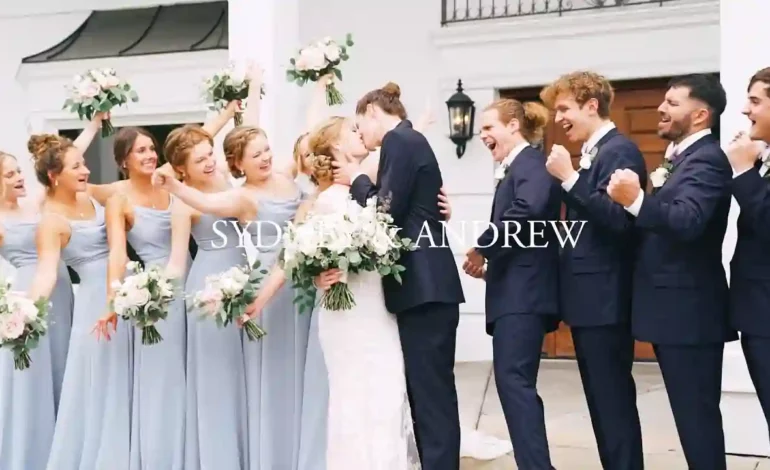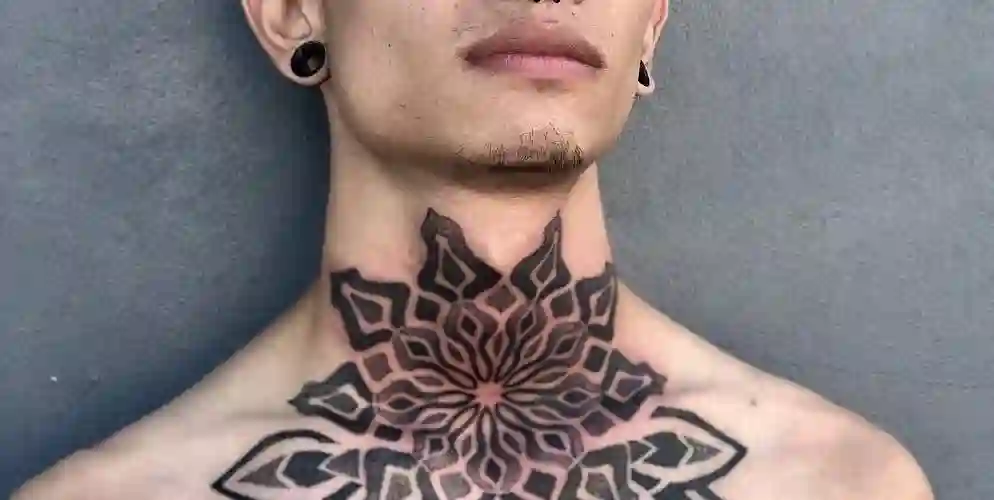
Different Types of Marriage Ceremony in Ireland
There are 3 main types of marriage ceremony in Ireland. They are Civil, Religious and Secular/Humanist.
Civil ceremonies are conducted by a registrar in a Registry Office or in a venue/room approved for civil ceremonies.
A dowry was an important part of weddings in Irish tradition, particularly among nobility. Nowadays it is not so common.
Secular
The secular ceremony is a popular choice for couples who do not have any religious affiliation. The ceremony is not bound by rules that are applied to religious and civil ceremonies, meaning there is much more freedom with this type of wedding. Most often, this is conducted by a Humanist solemniser but it is also possible to have a Spiritual ceremony as well.
Regardless of the ceremony type, all marriages are deemed legally binding in Ireland once a notice application is submitted to a registrar. If you are unsure of how to proceed, contact your chosen solemniser or secular body for advice.
Paul and Connie were keen to have a syncretic ceremony, drawing on various traditions, beliefs and ideas. This included incorporating the ritual of hand-fasting. This is a common practice among neopagan and Celtic-inspired people but can also be part of a spiritual ceremony. Their ceremony also included a reading from the Book of Kells and some music that was inspired by Irish folklore and folk music.
Spiritual
Spiritual ceremonies are a new addition to the list of options for those who want to celebrate their love and commitment. They are similar to Humanist ceremonies but with added components of faith. They can be held indoor or outdoor following the same legal rules as other types of ceremonies.
They are led by a member of the Spiritualist Union of Ireland. The ceremony can include spiritual rituals such as lighting a unity candle or pouring water together and a symbol of unity. It can also be personalised to suit each couple’s wishes. However, a spiritual ceremony cannot include religious references such as God, Angels, or prayers.
The ceremony is non-denominational and can be a combination of both religious and secular elements. The couple can choose to repeat traditional vows or write their own. A closing reading, a pronouncement of marriage and “you may kiss” are included in the proceedings. The ceremony is usually followed by a recessional.
Aisling Arann
Aisling Arann is a network of people who are living alternative lifestyles and running various projects such as organic farming, permacultural gardens, eco-buildings etc. It provides a context within which all sorts of experiments can and do take place, like living in an alternative community or running Killeany Lodge, publishing, writing, rearing children without schooling and so on.
The Aisling Arann network has a particular emphasis on the Celtic spiritual tradition and its role in building modern Western civilisation. Its roots are in the early monastic communities that shaped Europe in the 6th to 12th centuries.
In Ireland, you can choose to have a Religious or Civil ceremony. A Religious ceremony takes place in a Church or by a Religious figure who is also a Registered Solemniser. Roman Catholic ceremonies accounted for 52% of all opposite sex marriages in 2017. The other religions that offer weddings in Ireland are Anglicanism, Methodist and Presbyterian. Alternatively you can opt for a Secular Humanist ceremony.
Ordained
In Ireland you can get married in a religious ceremony, a spiritual ceremony or a civil ceremony. Each is valid and legally binding. A Civil ceremony is carried out by a registrar who works for the State. Civil ceremonies can only be held within office working hours Monday – Friday.
A Humanist ceremony is another option for couples. Humanists don’t believe in God or the supernatural and instead they base their beliefs on science and human achievements. They are allowed to personalise their ceremony but they cannot include religious references, angels or prayers. Spiritual ceremonies are also non-denominational and rely on the couple’s spiritual beliefs. They can include rituals such as a handfasting. In 2017, 1,616 opposite sex and 111 same sex couples chose this type of ceremony. They can also be preformed by solemnisers who are registered with the Spiritual Union of Ireland and who appear on the Register of Solemnisers.





